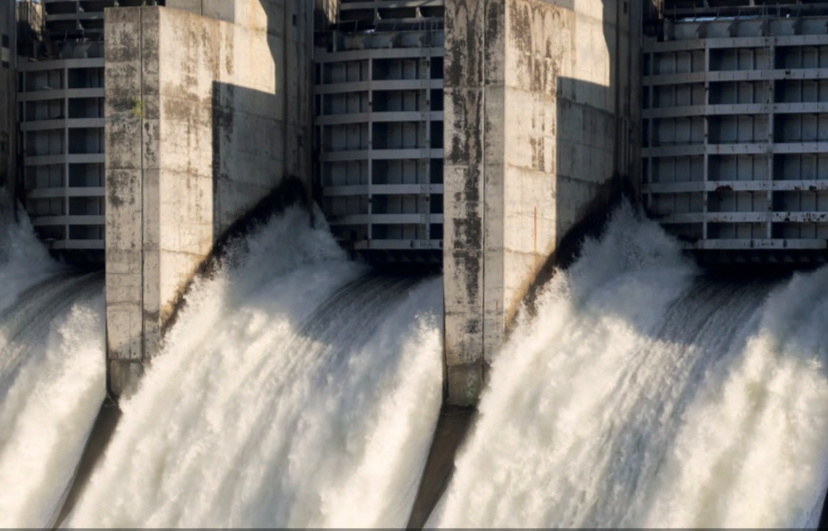What are the issues facing the development of hydropower in the UK and how can we act to stop skills shortages in the industry? A new report by MiSoC Policy Fellow, Eddy Sidebotham, working alongside academics including Dr Michel Serafinelli and Elena Faieta, investigates this under-researched area to provide a mixed methods study of the green skills gap.
There are 8 key findings:
- strong recognition of a green skills gap in the UK which impacts the UK’s hydropower sector
- the most signifcant skills gap identified is in engineering and construction
- strong demand for other skills important to the sector, including project management, commercial, legal, financial, cybersecurity and climate change advice
- the industry can provide many opportunities for re-skilling oil and gas sector workers as the UK moves to net-zero
- the UK sector is currently reliant on international expertise, particularly for specialist roles
- companies are now taking active measures to recruit more young talent
- other challenges facing the sector exacerbate the existing green skills gap
- there are limitations to the definition ‘green skills’ used by academia but not the term of choice in industry
The report makes three recommediations
Recommendation 1: Stakeholders acting in the hydropower sector should support further research into the green skills gap
Recommendation 2: Collaboration between industry, government and other key stakeholders is crucial to tackle the green skills gap
Recommendation 3: Action is needed to ensure that the domestic workforce benefits from the UK hydropower sector’s demand for green skills
Cite this report:
Sidebotham, E. (2024) Mixed methods study of the ‘green skills gap’ in the UK and its effect on the UK’s hydropower sector. MiSoC Policy Fellowship Report. Institute for Social and Economic Research. Available on line at: https://www.iser.essex.ac.uk/wp-content/uploads/files/misoc/reports/green-skills-gap-uk-effect-hydropower-sector.pdf
